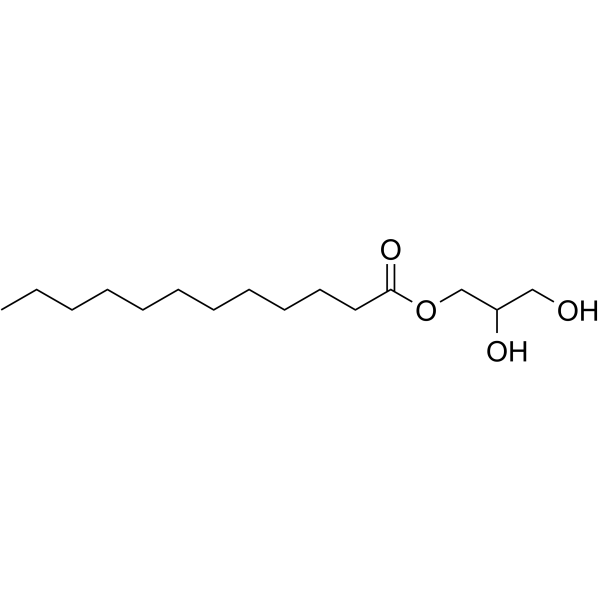Effects of monolaurin on ruminal methanogens and selected bacterial species from cattle, as determined with the rumen simulation technique.
Fenja Klevenhusen, Leo Meile, Michael Kreuzer, Carla R Soliva
文献索引:Anaerobe 17 , 232-238, (2011)
全文:HTML全文
摘要
Before being able to implement effective ruminal methane mitigation strategies via feed supplementation, the assessment of side effects on ruminal fermentation and rumen microbial populations is indispensable. In this respect we investigated the effects of monolaurin, a methane-mitigating lipid, on methanogens and important carbohydrate-degrading bacteria present in ruminal fluid of dairy cattle in continuous culture employing the rumen simulation technique. In six experimental runs, each lasting for 10 days, four diets with different carbohydrate composition, based on hay, maize, wheat and a maize-wheat mixture, either remained non-supplemented or were supplemented with monolaurin and incubated in a ruminal-fluid buffer mixture. Incubation liquid samples from days 6 to 10 of incubation were analyzed with relative quantitative polymerase chain reaction (qPCR) of 16S rRNA genes to assess monolaurin-induced shifts in specific rumen microbial populations in relation to the corresponding non-supplemented diets. Monolaurin completely inhibited Fibrobacter succinogenes in all diets while the response of the other cellulolytic bacteria varied in dependence of the diet. Megasphaera elsdenii remained unaffected by monolaurin in the two diets containing maize, but was slightly stimulated by monolaurin with the wheat and largely with the hay diet. The supply of monolaurin suppressed Methanomicrobiales below the detection limit with all diets, whereas relative 16S rRNA gene copy numbers of Methanobacteriales increased by 7-fold with monolaurin in case of the hay diet. Total Archaea were decreased by up to over 90%, but this was significant only for the wheat containing diets. Thus, monolaurin exerted variable effects mediated by unknown mechanisms on important ruminal microbes involved in carbohydrate degradation, along with its suppression of methane formation. The applicability of monolaurin for methane mitigation in ruminants thus depends on the extent to which adverse effects on carbohydrate-degrading bacteria actually impair the supply of digested carbohydrates to the animal.Copyright © 2011 Elsevier Ltd. All rights reserved.
相关化合物
| 结构式 | 名称/CAS号 | 分子式 | 全部文献 |
|---|---|---|---|
 |
月桂酸甘油酯
CAS:142-18-7 |
C15H30O4 |
|
Surfactants, aromatic and isoprenoid compounds, and fatty ac...
2009-05-01 [Antimicrob. Agents Chemother. 53 , 1898-906, (2009)] |
|
Mometasone furoate-loaded cold processed oil-in-water emulsi...
2015-01-01 [Drug Deliv. 22 , 562-72, (2015)] |
|
Characterization and antimicrobial activity of a pharmaceuti...
2010-08-16 [Int. J. Pharm. 395 , 154-160, (2010)] |
|
Efficiency of monolaurin in mitigating ruminal methanogenesi...
2009-11-01 [Br. J. Nutr. 102 , 1308-1317, (2009)] |
|
A new perspective on the use of plant secondary metabolites ...
2010-08-01 [Phytochemistry 71 , 1198-1222, (2010)] |